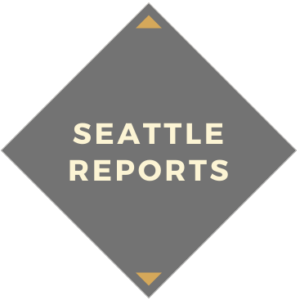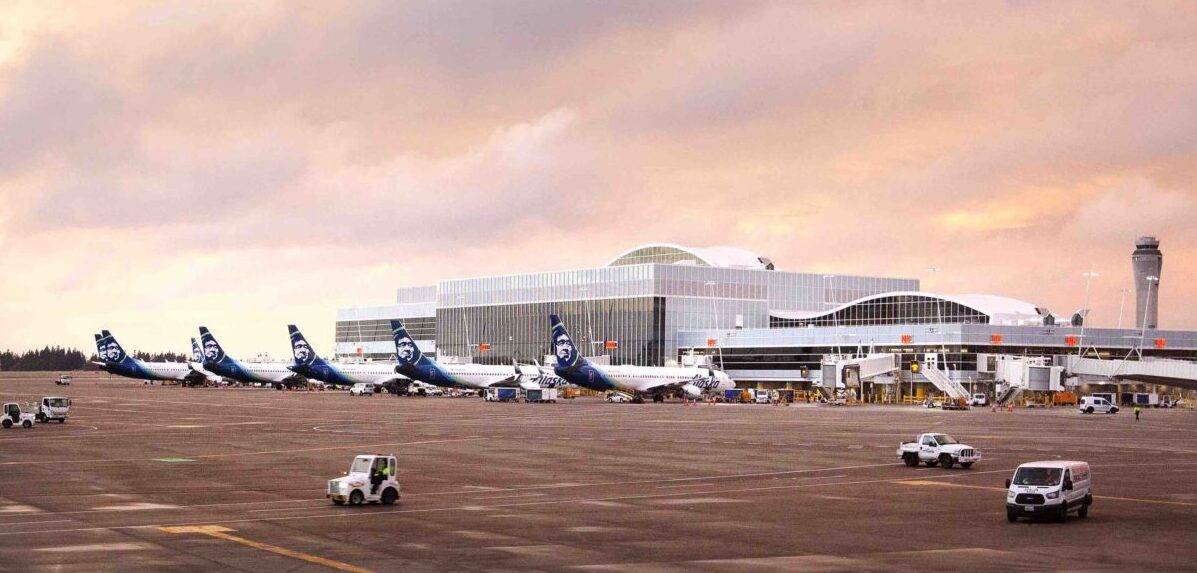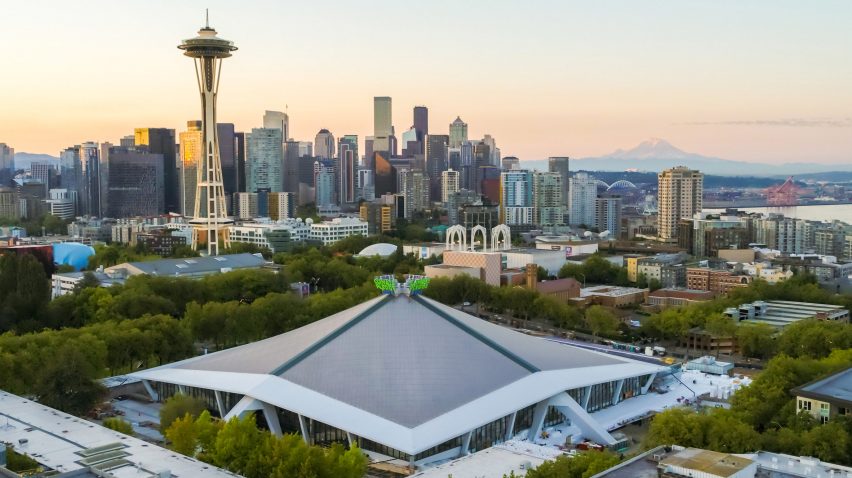Washington state on Friday passed emergency rules to improve protection for workers exposed to extreme heat, forcing employers to take extra precautionary measures to prevent heat-related illnesses.
The emergency rules apply to everyone who works in agriculture, construction and other outdoor industries.
“The heat in our state this year has reached catastrophic proportions. The physical risk to individuals is significant, especially those whose jobs they spend all day outdoors, “said Governor Jay Inslee. “Our state has rules in place to ensure these risks are mitigated, but the real effects of climate change have changed conditions since those rules were created, and we are responding.”
According to a statement from the Washington State Department of Labor and Industries, employers must react at temperatures of 100 degrees and more as follows:
- Providing shade or other sufficient means for employees to cool off; and
- Ensure workers have paid rest of at least 10 minutes every two hours.
When temperatures reach 89 and above, the new regulations, combined with the existing regulations, require employers to:
- Provide water cool enough to drink safely;
- Enable and encourage workers to take additional paid preventative cool-down breaks to protect themselves from overheating;
- Prepare to have a written outdoor heat protection program and employee training; and,
- Respond appropriately to any employee with symptoms of heat-related illness.
The updated rules are expected to go into effect on July 13th.
Washington State’s enactment of the rules comes after Oregon tightened its requirements Thursday to protect workers from extreme heat.
Oregon’s rules took effect immediately and will remain in effect for 180 days.
Washington L&I officials said it would file an official notice to make the rules permanent.
“The recent heat wave is a reminder that extreme temperatures in the workplace can be a real hazard. With more hot weather on the way, we are now taking action, ”said L&I Director Joel Sacks. “The Emergency Rule clarifies existing requirements and outlines sensible steps employers must take to keep the workers responsible for growing our food, paving our streets and constructing our buildings safe in the workplace.”
© 2021 Cox Media Group







:quality(70)/cloudfront-us-east-1.images.arcpublishing.com/cmg/BPEI2QQ76SHPPOW6X6A6WHEGX4.jpg)
















:quality(70)/cloudfront-us-east-1.images.arcpublishing.com/cmg/GLQND2AXQQO2G4O6Q7SICYRJ4A.jpg)


/https://specials-images.forbesimg.com/imageserve/618720992e41c4973abab648/0x0.jpg)


